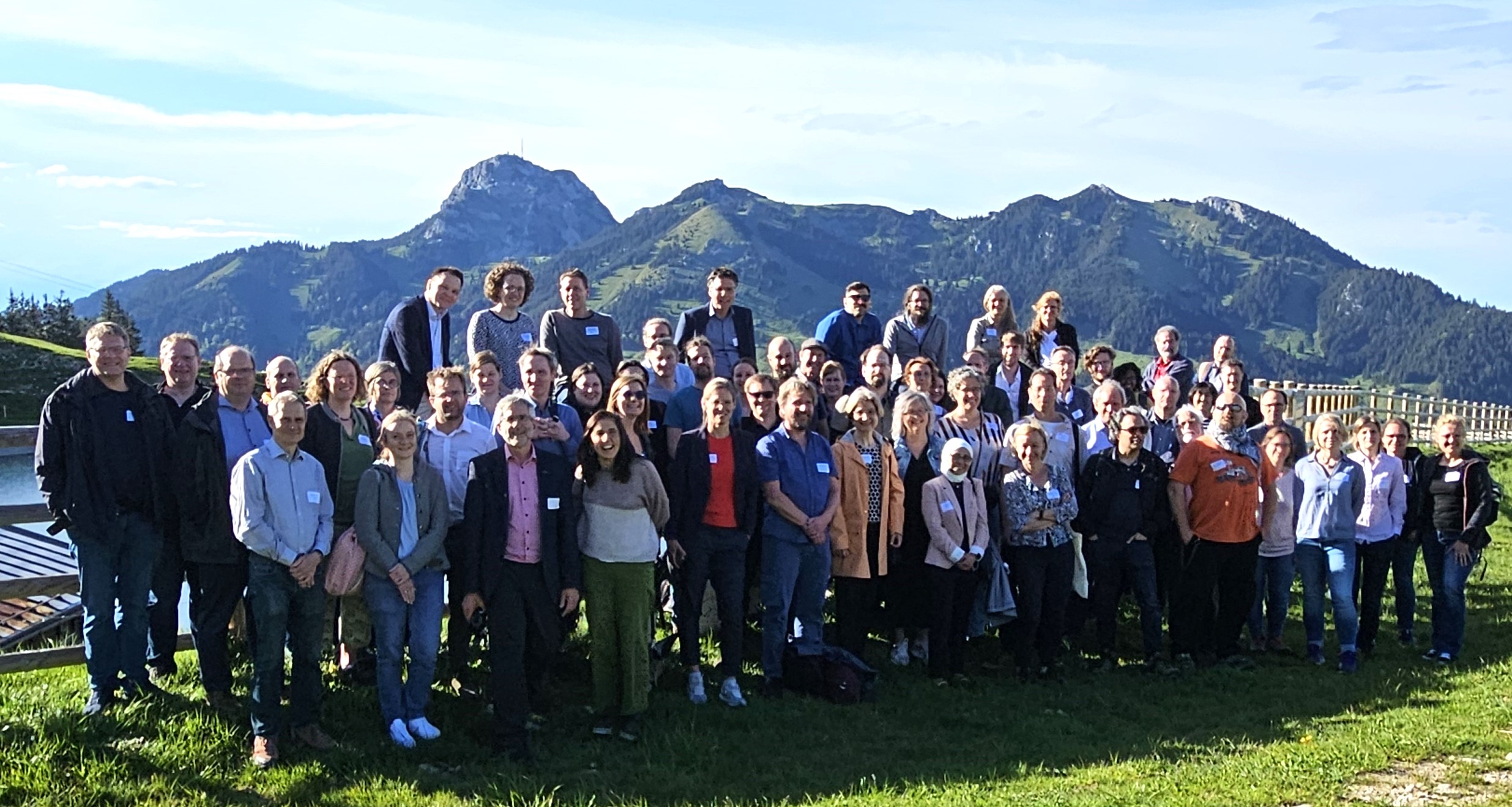Proceedings and videos of keynotes The conference proceedings and recorded keynote videos from the 12th…

Before cities went into lockdown over the past year, the streets have been claimed by children and teenagers following on Greta Thunberg’s steps as they skip school and March for Climate. This is the generation of sustainability natives, high in ideals, soon knocking on the doors of engineering programmes across the globe. It was a couple of decades ago that instructors were deemed unprepared to face the digital natives, a generation towards whose emergence Bill Gates and Steve Jobs contributed. Now, the question is if engineering programmes are prepared to welcome the aspirations of the new generation of sustainability natives, and how is our own generation of sustainability immigrants coping with this change?
Accreditation: a passport for introducing sustainability and ethics content
The good news is that sustainability is a topic that has a growing presence in the curricula of engineering programmes in Ireland. This is partly facilitated by Engineers Ireland, the national professional and accrediting body, which introduced the requirement that programmes should prepare graduates to consider “social, sustainability and environmental factors during the design process”. In this regard, Ireland is in a privileged position, being one of a limited number of countries across the world that has an ethics related accreditation criterion, alongside countries such as the US, the United Kingdom, Australia, New Zealand, Canada or Japan.
Sustainability in the curriculum: wait.. is it organic?
Having an accreditation criterion dedicated to ethics that incorporates sustainability is a declaration of intent. An intent that needs to be matched by the preparedness of instructors, through the development of CPD programmes, training materials and repositories of best practice examples, and not as an ad-hoc teaching approach. Such intent warrants a response from engineering programmes through a systematic strategy, and not as another “box to tick” to gain accreditation. Only then can we talk about an organic implementation of sustainability and ethics in the engineering curriculum.
Socio-technical education for holistic engineers
While natives see the embeddedness of sustainability and ethical concerns in the surrounding world, and integrate these “organically” in their actions and lifestyle choices, engineering instructors who were shaped in a different educational paradigm find challenging their inclusion into technical content. Historically, the socio-technical model of engineering education is both recent and less prevalent, as Jamison, Kolmos and Holgaard (2014) note. We are now at the early stages in the development of hybrid engineering programmes that attempt to integrate sustainability and ethics alongside technical content, as to develop rounded professionals.
Although we are not there yet, engineering programmes are doing an effort to move in this direction. We are witnessing the development of hybrid engineering programmes, such as those offered by the Colorado School of Mines. As I argue in my doctoral study, moving this transformational process forward requires renouncing the dichotomy between “hard” and “soft” skills, broadening the understanding of what constitutes engineering knowledge, seeing institutions promote interdisciplinary collaboration and hiring practices, as well as invest resources in the systematic implementation of ethics in their curriculum and the development of CPD programmes for instructors.
